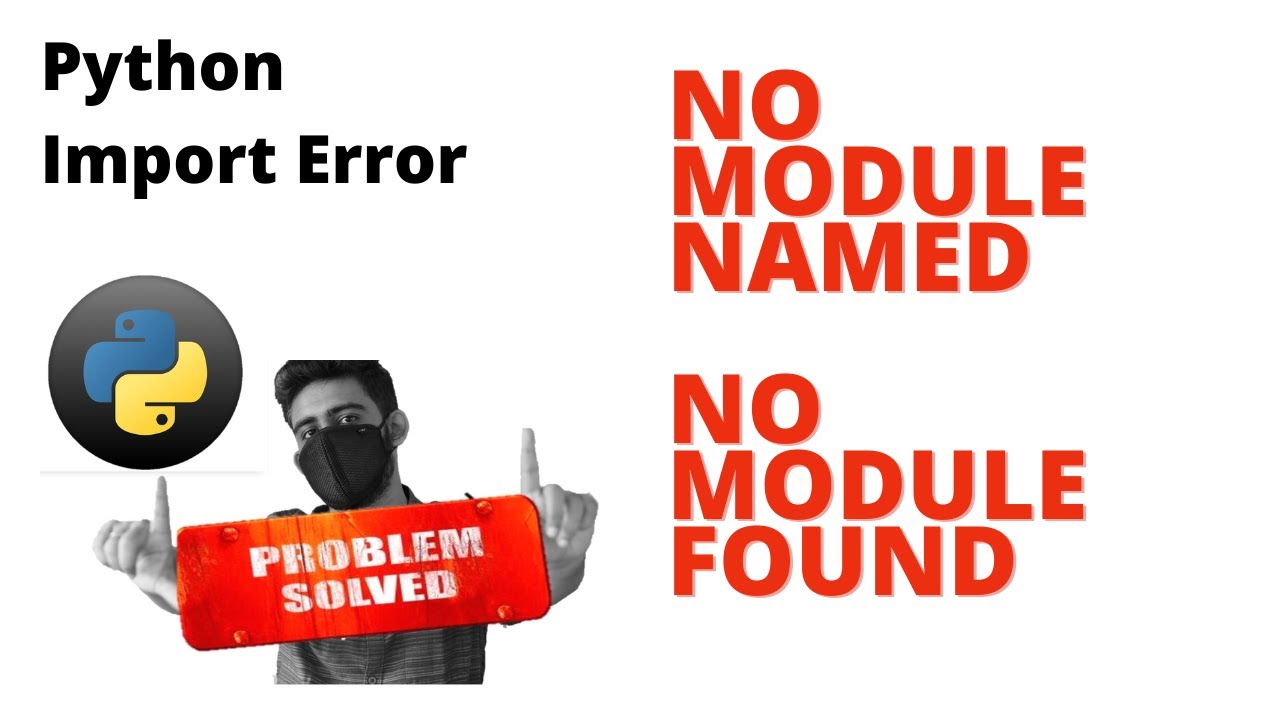How to solve ModuleNotFoundError: No module named ‘ruamel-yaml’ in python

Understanding the ModuleNotFoundError in Python
When programming in Python, you may encounter various errors, one of the most common being ModuleNotFoundError. This error arises when Python cannot locate the requested module, which can be frustrating, especially if you’re in the middle of a project. One such example is when you try to use the ‘ruamel-yaml’ library, which is a powerful YAML parser and emitter for Python.
What Causes the ModuleNotFoundError?
The ModuleNotFoundError indicates that Python cannot find the specified module in your system’s package directories. There are several common reasons for this:
- The package is not installed: Before using any external library, you must ensure it’s installed in your Python environment.
- Incorrect Python version: Some libraries are version-specific. If you’re using Python 2.x, but the library requires a 3.x version, you might encounter this error.
- Virtual environment issues: If you’re using a virtual environment, ensure it’s activated. If it’s not, Python may be looking in the wrong place for the required modules.
How to Solve ModuleNotFoundError: No Module Named ‘ruamel-yaml’
If you encounter the specific error ModuleNotFoundError: No module named ‘ruamel-yaml’, several solutions can help you resolve this issue effectively. Here are steps you can follow:
Step 1: Check Your Python Environment
Start by verifying that you’re operating within the correct Python environment. If you’re using a virtual environment, activate it using the following command:
source /path/to/your/venv/bin/activateStep 2: Install `ruamel-yaml`
If you haven’t installed the ‘ruamel-yaml’ module, you’ll need to do so. This can be achieved by using the package manager pip. In your terminal or command prompt, run the following command:
pip install ruamel.yamlAfter executing this command, Python should be able to locate the ‘ruamel-yaml’ module.
Step 3: Verify the Installation
To confirm that the installation was successful, you can check the installed packages list by running:
pip listIf ruamel.yaml appears in the list, the module is installed, and the error should no longer occur when you try to import it.
Alternative Methods to Resolve Module Issues
Aside from the previous instructions, there are alternative approaches to manage and resolve ModuleNotFoundError in Python:
Using a Requirements File
For projects that require several dependencies, it’s a good practice to maintain a requirements.txt file. This file lists all the necessary packages for your project, making it easier to set up any environment. To create this file and include ‘ruamel-yaml’, you can execute:
pip freeze > requirements.txtThen, others can install the required packages using:
pip install -r requirements.txtUsing Conda as a Package Manager
If you’re using Anaconda or Miniconda, consider installing ruamel-yaml using the Conda package manager instead:
conda install -c conda-forge ruamel_yamlUsing Conda can sometimes resolve dependencies more effectively and avoid conflicts that may arise with pip.
Managing Packages Effectively to Prevent Future Errors
To minimize the chances of running into the ModuleNotFoundError in the future, here are some best practices to consider:
- Regularly Update Your Packages: Keeping your packages updated via pip or conda helps ensure compatibility with Python versions and prevents deprecated modules from causing errors.
- Check Your Python Path: Always ensure that the Python interpreter’s environment path is correctly set, pointing to the location of your installed packages.
- Employ Virtual Environments: Use virtual environments to manage dependencies for individual projects separately, preventing version conflicts.
- Document Dependencies: Maintain thorough documentation on which libraries and versions are required for your projects.
While facing the ModuleNotFoundError is common, other challenges may arise when working with the ‘ruamel-yaml’ library:
Version Compatibility Problems
YAML libraries may occasionally face version compatibility problems. Always consult the documentation for ruamel-yaml to ensure compatibility with your current Python version. If you encounter issues, consider switching to a different version of the library:
pip install ruamel.yaml==version_numberSyntax Errors with YAML Files
Another potential issue when working with YAML is syntax errors in your YAML files. These can lead to YAMLLoadError or other similar exceptions. Always check your YAML files for proper formatting such as:
- Correct indentation
- Proper use of quotation marks
- Consistent key-value pair syntax
Debugging Import Errors
If you’ve solved the installation issue but still can’t import ruamel-yaml, consider checking for other import errors in your code. Make sure you are not using deprecated functions from older versions of the library.





